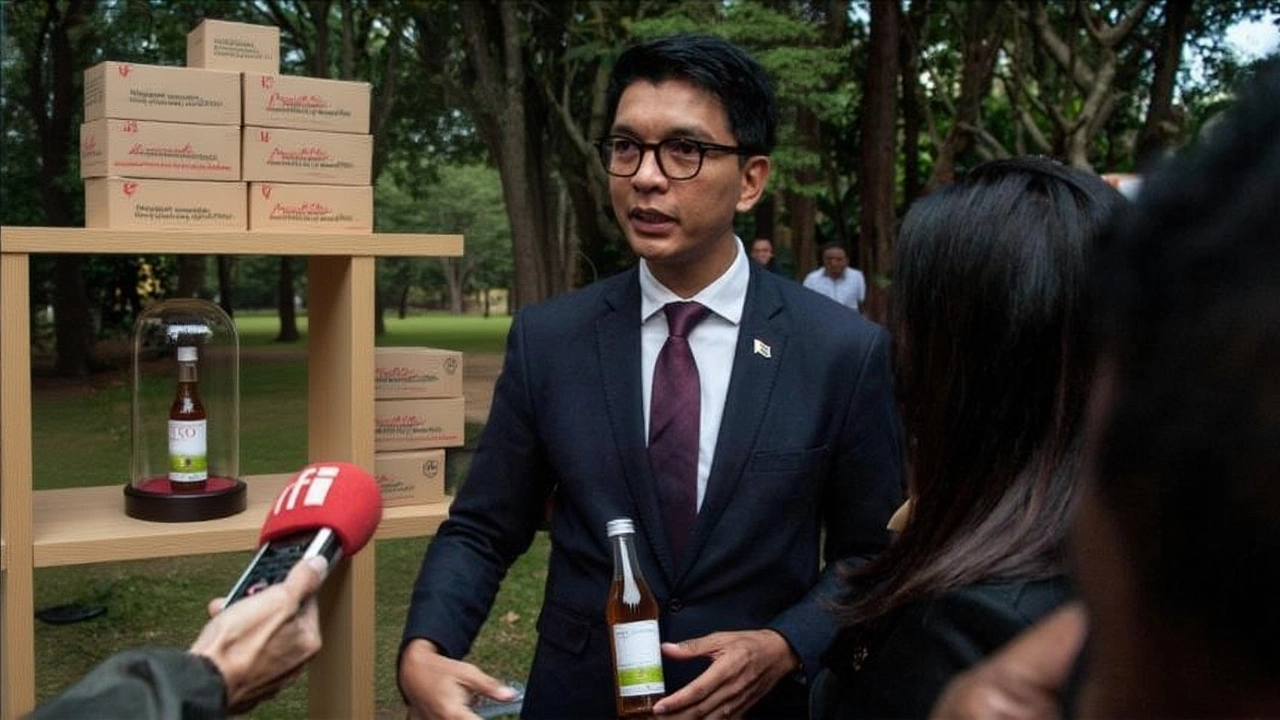Youth Protests: Why Young Voices Shape Change
Youth protests, organized demonstrations, sit‑ins or online campaigns driven primarily by teenagers and young adults demanding social, political or economic change. Also known as young activism, it signals a growing appetite for direct participation in public life. In South Africa, campuses and city streets have turned into stages where education policy, climate urgency and government accountability collide.
Key forces behind the movement
Student activism, the practice of students organizing around issues that affect their education and future fuels many of today's demos. When the Academic Staff Union of Universities (ASUU) calls a two‑week strike, students often join the picket lines, amplifying the message with banners, chants and livestreams. University strikes, extended work stoppages by faculty and staff that disrupt campus operations become a rallying point for broader youth concerns, such as job prospects and safety on campuses.
Social media acts as the nervous system of these movements. Platforms let young organizers coordinate flash mobs, share live footage and mobilize peers within minutes. That rapid communication requires digital literacy and a network of trusted accounts, turning a simple tweet into a nationwide rally. The result is a feedback loop: the more visible the protest, the more pressure on institutions to respond.
Police response often reshapes the trajectory of a protest. When authorities use force or mass arrests, headlines shift from the original grievance to questions of civil rights. Conversely, a measured approach—dialogue, safe corridors for protestors, and transparent investigations—can de‑escalate tension and open space for policy talks. This influence creates a clear semantic link: youth protests are shaped by how law enforcement chooses to engage.
Beyond campuses, youth movements now intersect with climate action, gender rights and economic inequality. Young activists organize clean‑up drives, demand renewable energy investments, and call out gender‑based violence. These overlapping concerns illustrate that youth protests encompass a broad spectrum of social movements, each feeding energy into the other. As you scroll down, you’ll find reports on recent university strikes, stories of student‑led climate campaigns, and analysis of how police tactics affect protest outcomes. The collection below offers a real‑time snapshot of how South Africa’s younger generation is reshaping the public agenda.
Rajoelina Appoints General Zafisambo PM as Youth Protests Rage
President Rajoelina appoints General Zafisambo as prime minister amid escalating youth protests over water, power cuts and political reform, raising stakes for Madagascar's future.

